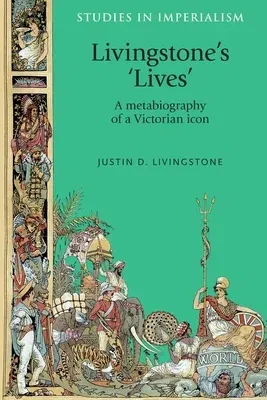Dr. David Livingstone, the Victorian 'missionary-explorer', has
attracted more written commentary than nearly any other heroic figure of
the nineteenth century. In the years following his death, as numerous
biographers took up the pen, he rapidly became the subject of a major
biographical tradition. Even today, new volumes and new perspectives
continue to be produced with regularity. Yet out of this extensive
discourse, no single or unified image of Livingstone emerges. Rather, he
has been represented in diverse ways and put to work in a variety of
socio-political contexts.
Until now, no one has explored Livingstone's posthumous reputation in
full. This book meets the challenge, interrogating his complex legacy
and the plurality of identities that he has acquired. In approaching
Livingstone's 'lives', it adopts a metabiographical perspective: in
other words, this book is a biography of biographies. Rather than trying
to uncover the true nature of the subject, metabiography is concerned
with the malleability and ideological embeddedness of biographical
representation. It does not aim to uncover Livingstone's 'real'
identity, but instead asks: what has he been made to mean? Covering the
terrain from Livingstone's self-representation to his Victorian
reputation, and from his imperial and Scottish legacies to his
postcolonial revision, Livingstone emerges as a site of competing
meanings: the Victorian hero has himself becomes a colonised space.
Crossing disciplinary boundaries, Livingstone's lives will be of
interest to scholars of imperial history, postcolonialism, life-writing,
travel-writing and Victorian studies.

